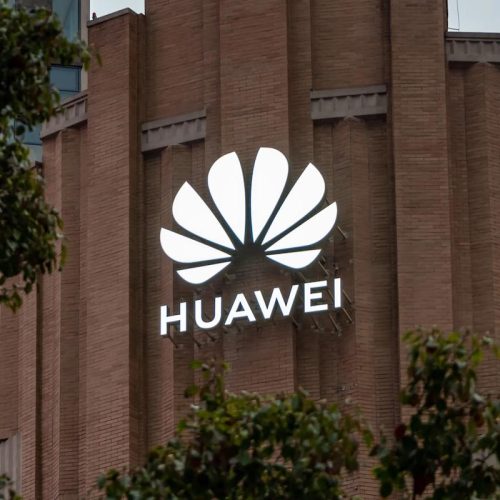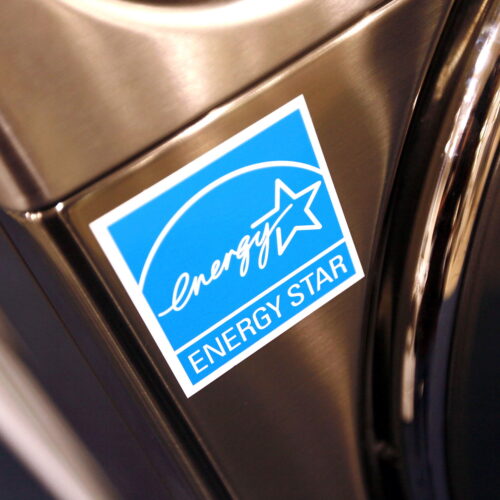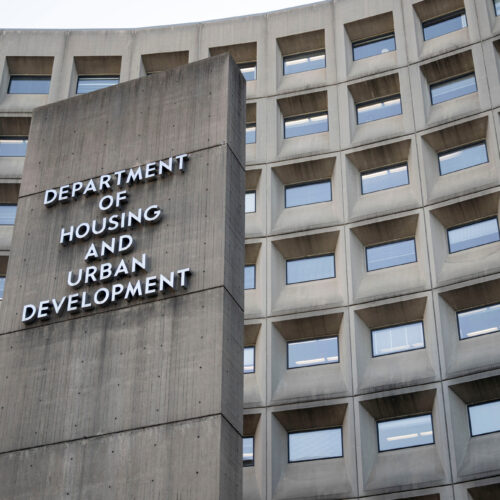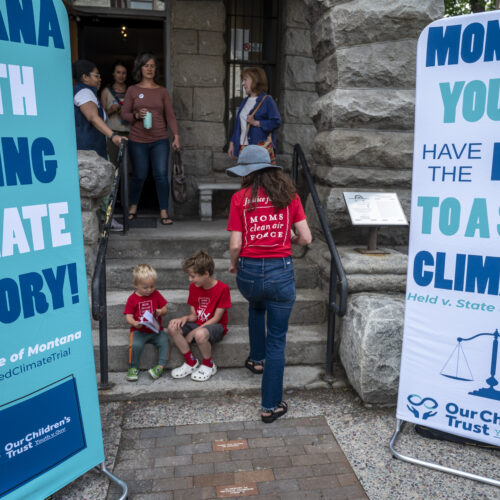Trump has “a little problem” with Apple’s plan to ship iPhones from India
Donald Trump has hit out at Apple’s plans to produce more iPhones in India as a way of avoiding US tariffs on Chinese-made goods, as he continues to push the tech group to manufacture its best-selling device in America.
Speaking in Qatar on the latest leg of his Middle East tour, the US president said he had “a little problem with Tim Cook yesterday” after the Apple chief executive confirmed last week that Indian factories would supply the “majority” of iPhones sold in the US in the coming months.
The Financial Times previously reported that Apple planned to source from India all of the more than 60 million iPhones sold annually in the US by the end of next year.


© Getty Images | dontree_m



















